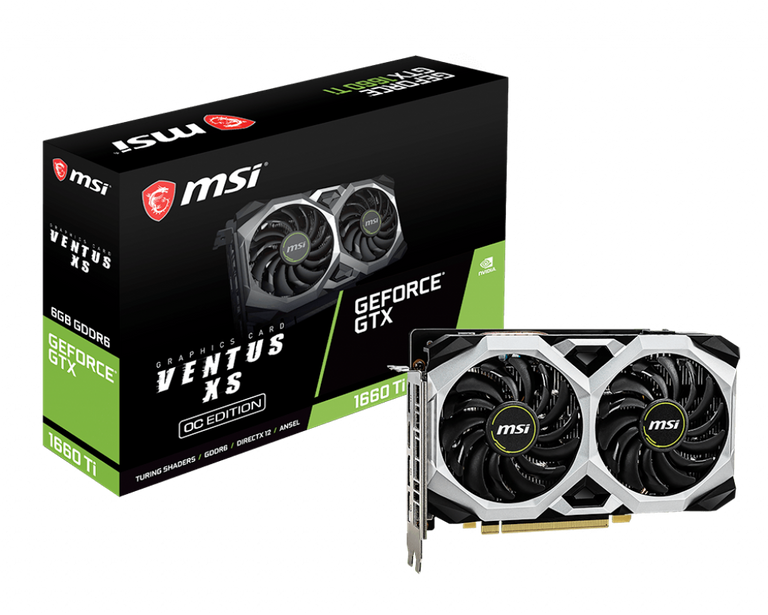Criticizing Linus Tech Tips' Optiplex Gaming PC Video

Just over an hour ago, Linus Tech Tips released a video on Youtube where they turn an Optiplex into a gaming PC. For those who don't know, Linus Tech Tips is one of the largest and most popular Youtube channels when it comes to PC gaming and tech. They make a ton of great content that I watch often, but when I was watching their newest Youtube video that was released today, I found several things that I wanted to point out. With as big as they are, I think that it's important that they fact check the information in their videos because a lot of people who watch their content go on to build gaming PCs following their advice. I'm not shaming them for these flaws as I know that they can't be experts on everything when it comes to PC gaming and tech, but I wanted to write this article to try to elaborate on some of the things that they talked about in their newest video. I wanted to write a similar article to this a few days ago when I watched another similar video on Youtube, but with as popular as LTT is, I really felt like I needed to clear some things up.
If you haven't seen the video yet, here's the video that I'll be talking about.
The first thing that I want to point out is their decision to not swap out the stock PSU for a better ATX one. The first reason that they give for not doing this is that by going out and buying a better PSU someone would get "dangerously close to new system kind of money". That's not true at all. You can get great PSUs during EVGA's mid week madness sales for $30 with free shipping as I pointed out in an article just this past week. An extra $30 will not get anywhere close to "new system kind of money" especially when you can sell the stock PSU for $10 on eBay and it would have only been a $20 upgrade.
The second reason that they give is because it could cause more issues because "even some proprietary motherboards that look standard might have different pin-outs or specialty connectors for example that could make them a hassle to deal with".

Seriously though, it's a standard mATX motherboard. You won't have any issues at all with using an ATX power supply with an Optiplex gaming PC. I can personally attest to this as well as many others who have built Optiplex gaming PCs. It'll work just fine.

The second thing that I want to point out is them using a GTX 1660TI which is a $250 GPU in their build. Sure you can use one, but why would you? Their reasoning for not wanting to spend $30 - $50 on an ATX PSU was because it would get too close to "new system kind of money", but they're using a GPU that costs as much as my entire system. They're contradicting themselves at this point. Unless you're wanting to build a sleeper gaming PC, no one in their right mind is going to throw a $250 GPU into a system that only costs $122 (in their particular case). I added up the entire cost that they spent on their system and it's over $400 in total. Now THAT'S "new system kind of money"!
Lastly, I have to talk about their PCs total power draw and how they handled it poorly. Their GPU uses 120W at full load and the stock PSU in their system is only rated to 275W. At full load, their system would use roughly 318W which means that if they maxed out their system that their PSU wouldn't have enough power to power it. Granted, it's a bit tough to really max out a system's CPU, GPU, RAM, and other components all at the same time, but why chance it over something as simple as a cheap upgrade to a better ATX PSU?
Also, they're using a SATA to 6pin connector to power their GPU which I would typically advise against. I've seen other Youtubers also suggest a SATA to 6pin connector to power a GPU in an Optiplex gaming build. Can you do it? Sure. Would I suggest it? Probably not. The PCIe slot can deliver up to 75W of power and a SATA cable can deliver up to 54W of power giving you a possible limit of 129W to a GPU between the PCIe slot and the power connector. Their GPU only maxes out at 120W, but I can almost guarantee that someone watching this would probably want to overclock their GPU or get an even more power hungry GPU and it could turn out terribly for them. It just adds another possible point of failure that can easily be prevented by just upgrading the PSU. It's not hard or expensive to do so.
The rest of the video I thought was alright, but I felt like I needed to point out the flaws in this video that others didn't. If you're wanting to build an Optiplex gaming PC, I've written countless articles on the subject that's a much better guide than LTT's newest video. If you still have questions about it, I'll gladly answer any questions that you might have! :)
The reasoning behind purchasing an expensive GPU is it's the single biggest performance upgrade for an overall improvement to your system. I can say with my 2012 PC by purchasing a 1660 Super I can now play all the new games. I'm also using a molex to 6pin coverter on the original PSU and it works great. The worst I could see happening is the overload protection trips or the power supply dies. For me I already know my systems old so I'm not trying to push the limits of 8 year old hardware. It's just enough to keep me going. And over time I can save up for a new CPU and Motherboard etc while still being able to game. If someone wants to overclock. I'm sure they already know enough to make an informed decision. And they're already going outside of what the video mentions
Absolutely. A GPU is what turns an Optiplex (or even an older PC in general) into a gaming PC. Without my RX 480, I certainly wouldn't be able to play all the newest titles as well. Luckily, newer GPUs do tend to be more power efficient, but it's best to just use a better ATX PSU as you can get them for fairly cheap and it not be total junk. A good ATX PSU with dedicated 6-pin/8-pin connectors will always be a better idea than using adapters. Other than budget, I can't think of a single reason why anyone would choose adapters over just getting a better PSU.